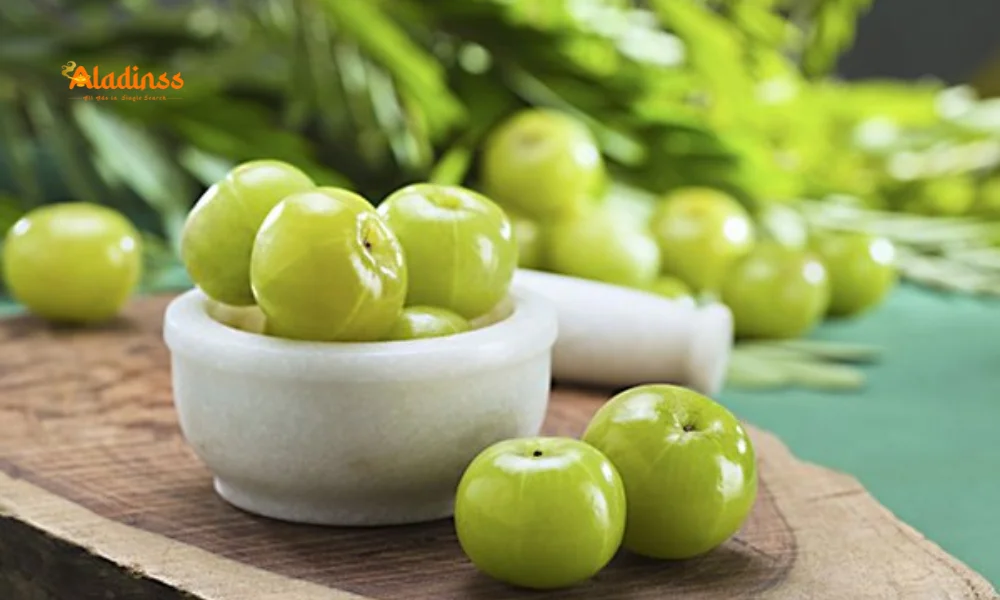Beetroot Juice on Empty Stomach: Nutritionist Reveals Safety, Benefits, and Risks for Gut Health
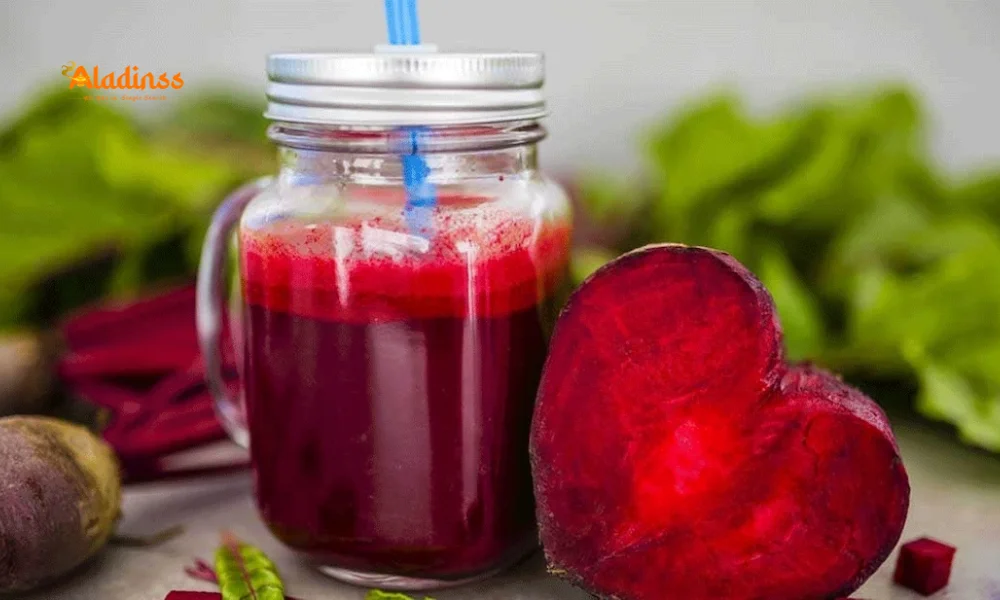
Beetroot Juice on Empty Stomach: Nutritionist Reveals Safety, Benefits, and Risks for Gut Health
Beetroot juice has surged in popularity as a morning wellness ritual, touted for its potential to enhance stamina, promote better blood circulation, and impart a radiant skin glow. However, questions linger about whether consuming beetroot juice on an empty stomach is truly safe, especially for those with digestive sensitivities. In this latest health report, nutritionist Rashi Chahal from Fortis La Femme provides expert insights into the benefits, potential side effects, and crucial precautions. This breaking news update explores why individuals with gut issues should approach this superfood cautiously, offering a balanced view on incorporating beetroot juice into daily routines for optimal health outcomes.
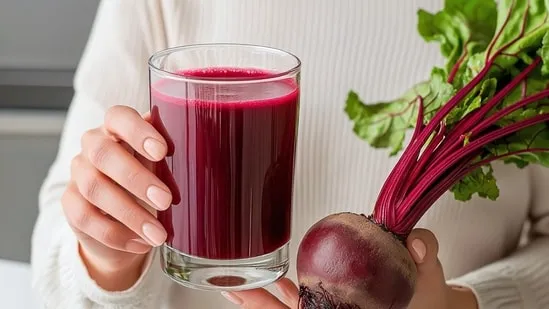
Nutritional Profile of Beetroot Juice: A Superfood Breakdown
Beetroot juice stands out as a nutrient-dense beverage, low in calories yet rich in essential vitamins and minerals. According to nutritionist Rashi Chahal, it is loaded with folate, vitamin C, and vitamin B9, alongside minerals such as iron, magnesium, and zinc. These components contribute to its status as a superfood, supporting various bodily functions from immune health to energy production. The juice's high antioxidant content, including betalains, helps combat oxidative stress, potentially reducing inflammation and promoting cellular repair.
One of the key elements in beetroot juice is its abundance of nitrates, which the body converts into nitric oxide. This process enhances blood flow, ensuring oxygen and nutrients reach organs more efficiently. For athletes and fitness enthusiasts, this translates to improved performance and recovery. However, while these nutrients are beneficial, their absorption can vary based on when and how the juice is consumed, particularly on an empty stomach where competing foods are absent.
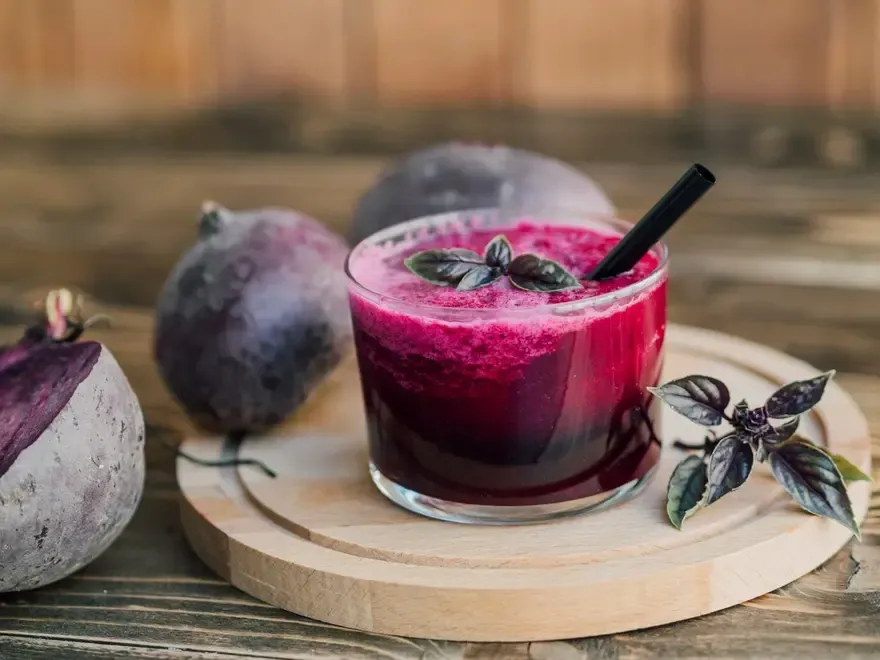
Is Drinking Beetroot Juice on an Empty Stomach Safe?
Consuming beetroot juice on an empty stomach is generally safe for most healthy individuals, but timing and moderation are critical factors. Rashi Chahal recommends drinking it 30 minutes before breakfast or prior to a workout, ideally mixed with lemon juice for added benefits. This approach maximizes the uptake of iron, vitamins, and antioxidants, as there are no other foods to interfere with absorption. The acidic environment from lemon can further enhance nutrient bioavailability, making it an effective morning ritual.
For those new to beetroot juice, starting with small quantities—about 100-150 ml—is advisable to monitor tolerance. The juice's natural sugars provide a quick energy boost without the crash associated with processed drinks. However, individuals with pre-existing conditions, such as low blood pressure or kidney issues, should consult a healthcare provider, as the nitrates could interact with medications or exacerbate certain health concerns.
Key Health Benefits of Beetroot Juice
Beetroot juice offers a range of health advantages, particularly when integrated thoughtfully into one's diet. For individuals with hypertension or cardiovascular conditions, the nitrates help lower blood pressure by dilating blood vessels and reducing homocysteine levels, a risk factor for heart disease. Regular consumption has been linked to improved endothelial function, supporting overall vascular health.
Athletes and active individuals benefit from enhanced endurance, as the nitrates improve oxygen delivery to muscles, delaying fatigue during workouts. Post-exercise recovery is also aided, with reduced muscle soreness reported in studies. Additionally, the fiber content promotes gut regularity, aiding digestion and preventing constipation. Antioxidants contribute to skin health by fighting free radicals, potentially leading to a natural glow and reduced signs of aging.
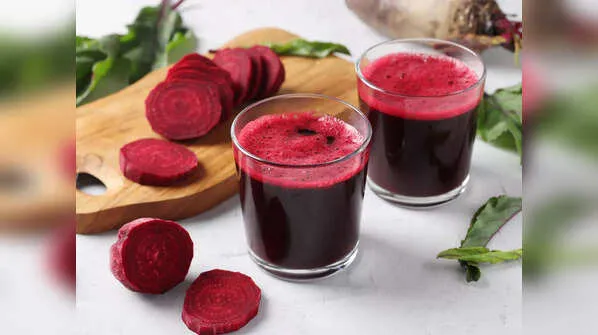
Potential Side Effects and Risks of Beetroot Juice
While beetroot juice is nutrient-rich, excessive consumption or intake on an empty stomach can lead to side effects, especially for those with gut sensitivities. The high fiber content, beneficial for regularity, can irritate the gut lining in sensitive individuals, causing bloating, gas, or acid reflux. For people prone to digestive issues like irritable bowel syndrome (IBS), this irritation may exacerbate symptoms, leading to discomfort.
Another concern is the high oxalate levels, which can contribute to the formation of calcium oxalate kidney stones. When consumed on an empty stomach, absorption of oxalates increases, heightening this risk for susceptible individuals. Rashi Chahal warns that those with a history of renal stones or hypotension should avoid large amounts, as the nitrates might cause a sudden drop in blood pressure. Allergic reactions, though rare, can manifest as skin rashes or digestive upset in some cases.
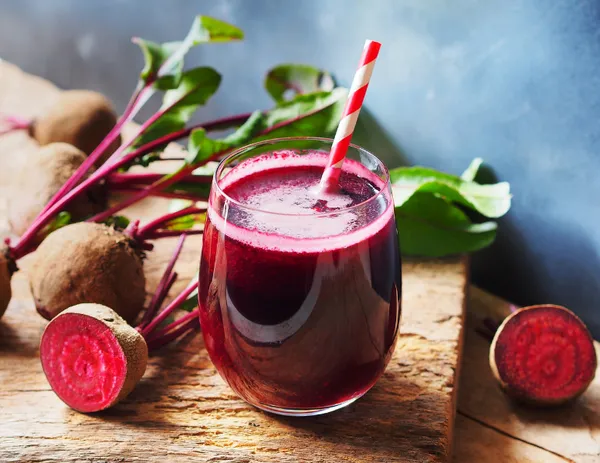
Who Should Avoid Beetroot Juice on an Empty Stomach?
Individuals with pre-existing gut issues, such as gastritis, ulcers, or IBS, are advised to steer clear of beetroot juice on an empty stomach. The juice's acidity and fiber can aggravate these conditions, leading to increased discomfort or flare-ups. Those with kidney stone history should limit intake due to oxalates, opting instead for diluted versions or consumption with meals to buffer absorption.
People on blood pressure medications or with low blood pressure (hypotension) may experience dizziness from the vasodilatory effects of nitrates. Pregnant women or those with beet allergies should consult professionals. Children and elderly individuals might tolerate smaller doses better, but monitoring is essential to avoid adverse reactions.
Expert Recommendations for Safe Consumption
Rashi Chahal's verdict is clear: beetroot juice on an empty stomach is safe and beneficial in moderation, ideally before breakfast for maximum nutrient absorption. Limit to 150-200 ml daily to reap advantages like lowered blood pressure, better circulation, and enhanced endurance without risks. Mixing with lemon or other fruits can improve palatability and digestion.
For those with concerns, consume with food to ease absorption and reduce gut irritation. Regular monitoring of blood pressure and digestive symptoms is advised. Incorporating beetroot into salads or smoothies offers similar benefits with less concentrated effects, making it versatile for various dietary needs.
How to Prepare and Incorporate Beetroot Juice
Preparing fresh beetroot juice at home ensures maximum nutrient retention. Wash and peel 1-2 medium beets, then juice with a blender or juicer, adding water or lemon for dilution. Strain if preferred for smoother texture. Consume immediately to preserve antioxidants, as exposure to air degrades nitrates quickly.
Incorporate into routines by starting the day with a small glass, followed by breakfast. For workouts, drink 30 minutes prior for an endurance boost. Recipes like beetroot-carrot-ginger juice combine flavors and amplify benefits, supporting detoxification and anti-inflammatory effects. Always source organic beets to minimize pesticide exposure.
Scientific Backing and Public Interest
Scientific studies validate beetroot juice's benefits, with research from the Journal of Nutrition showing nitrate-induced blood pressure reductions in hypertensives. Endurance improvements are documented in sports science literature, attributing gains to better muscle oxygenation. Gut health support comes from fiber's prebiotic effects, fostering beneficial bacteria.
Public interest has surged, with Google trends for "beetroot juice empty stomach" peaking amid wellness trends. Social media buzz, including #BeetrootJuiceBenefits, highlights user experiences, though experts like Chahal stress personalized advice. This development positions beetroot juice as a valuable, yet cautious, addition to health regimens.
Alternatives for Those with Gut Issues
For individuals with gut problems, alternatives like cooked beets or beet supplements provide similar nutrients without the raw juice's intensity. Blending into smoothies with yogurt or bananas buffers fiber effects, reducing bloating risks. Low-oxalate options, such as spinach or kale juices, offer comparable antioxidants for those prone to stones.
Herbal teas or probiotic drinks support gut health gently. Consulting nutritionists ensures tailored plans, balancing benefits with individual tolerances. These alternatives maintain beetroot's essence while minimizing side effects, promoting sustainable wellness practices.
Comment / Reply From
No comments yet. Be the first to comment!



